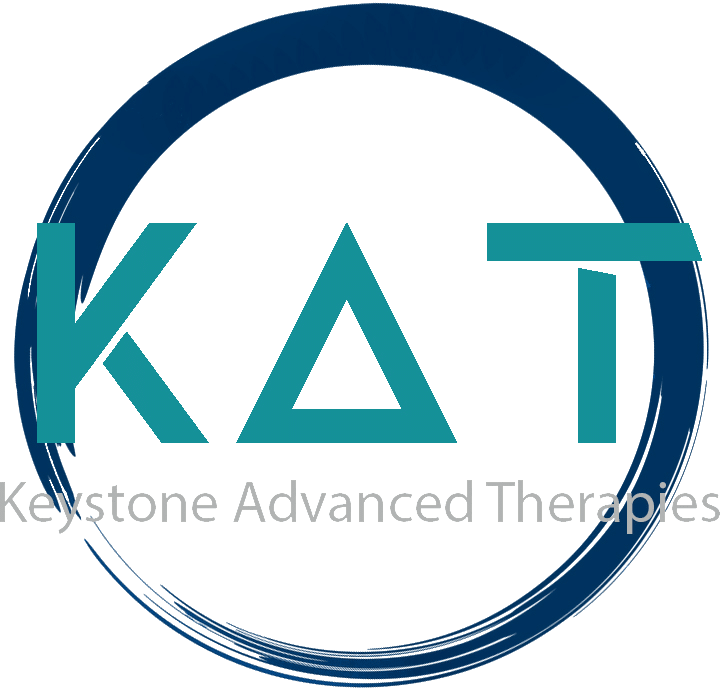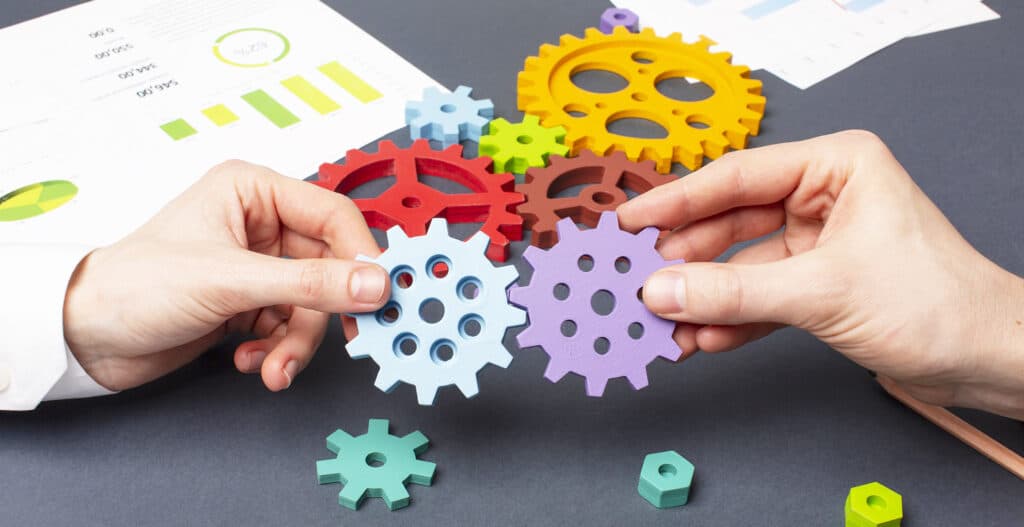Are you among the millions struggling with Attention Deficit Hyperactivity Disorder (ADHD)? If so, you likely feel overwhelmed and confused about managing your symptoms daily. Whether or not you have an official ADHD diagnosis, figuring out triggers and controlling negative behaviors can be incredibly stressful. We will explore what ADHD is and how to handle its various facets to craft healthier habits that make living with it more manageable. With effective coping mechanisms, life can become more manageable while maintaining its vibrancy.
Overview of ADHD: Definition, Symptoms, and Diagnosis
Attention Deficit Hyperactivity Disorder (ADHD) is a neurodevelopmental disorder affecting children and adults. It is characterized by problems with paying attention, impulsivity, and hyperactivity. ADHD can impair social, academic, and professional functioning and often results in difficulties with executive functioning, such as planning, organizing, and completing tasks on time. The diagnosis of ADHD is based on a combination of clinical criteria and symptoms reported by the patient, family members, and teachers. Although ADHD is a treatable condition, it is important to educate those affected to help them manage their symptoms and enjoy a fulfilling life.
Uncovering the Triggers: Examining Environmental and Genetic Factors
Attention Deficit Hyperactivity Disorder, commonly known as ADHD, is a neurodevelopmental disorder affecting millions worldwide. While the specific causes of ADHD are still unknown, research has shown that environmental and genetic factors play a role in its development. Environmental factors, such as exposure to certain toxins or stressors during critical periods of brain development, have been linked to an increased risk of developing ADHD. Genetics also play a role, as studies have shown that individuals with a family history of ADHD are more likely to develop the disorder. Understanding these triggers and their interactions can help clinicians and researchers better diagnose and treat ADHD, ultimately improving the lives of those affected.
Coping Strategies: Identifying Healthy Ways to Manage Attention and Impulsivity
Attention Deficit Hyperactivity Disorder, or ADHD, is a condition that affects many individuals, especially children. Symptoms can include difficulty paying attention, being easily distracted, and impulsivity. Coping strategies that help manage these symptoms can make a big difference in daily life. Identifying healthy ways to drive attention and impulsivity is essential and can significantly improve the quality of life for those with ADHD. Techniques like exercise, mindfulness, and meditation are effective in managing symptoms. It’s essential to find what works best for each individual and make it a habit. By using healthy coping strategies, people with ADHD can improve their focus, self-control, and overall well-being.
Building Your Toolbox: Crafting a Personal Action Plan for Long-Term Success
Building a toolbox of strategies for success can be especially helpful for individuals with ADHD. You can develop a more focused approach to achieving your long-term goals with a personalized action plan. Your toolbox may include a variety of strategies, such as developing routines, using visual aids, or seeking professional support. By crafting a personal action plan, you can identify your best system and create a roadmap for success. Over time, you’ll be able to fine-tune your toolbox and adapt it to your changing needs, leading to tremendous success in all areas of your life.
This blog post has provided insight into Attention Deficit Hyperactivity Disorder, its triggers, and coping strategies. With that understanding, it’s time to build your specialized toolbox of techniques and strategies for managing ADHD. Whatever method you choose, remember that it should be sustainable long-term and explicitly tailored to your needs. Keep tabs on how effective those strategies are and adjust them as needed. Have faith in yourself; you have all the resources necessary for long-term success.










